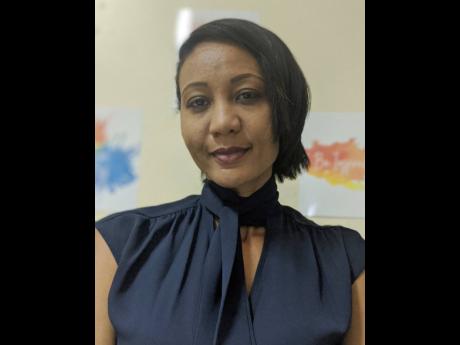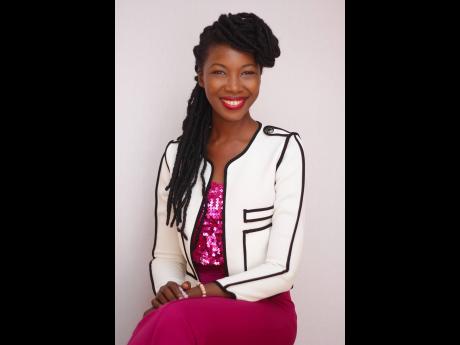Smartphone apps to boost mental health
Approximately 40 per cent of Jamaicans are facing a mental disorder, according to data published by The University of the West Indies in 2011, but the stigma and discrimination that persist cause many to be coy about seeking professional help.
However, in recent years, there has been a proliferation of mental-health apps that are available to smartphone users. These reasonably priced, or most often free, apps offer a wealth of resources that make therapeutic techniques more accessible, portable, and cost-effective.
At least two local counsellors are welcoming these technological aids, which they say can assist in the psychotherapy process.
“I believe mental-health apps, in general, can play a powerful role in the self-management of some symptoms of mental health problems,” said associate clinical psychologist with Family Life Ministries, Kamala McWhinney.
“... These apps can help persons to access information and resources that can have great impact. They can be used to great effect, to assist persons to continue well-being assignments and self-monitoring work given by therapists,” she added.
ISOLATION USAGE
However, McWhinney has some concerns about the technology being used in isolation.
Expounding on her reservations, she said that it was ideal for the technology to be an “aid in the therapeutic process, as opposed to a stand-alone resource”.
“For example, some apps help to increase insight into the symptoms of anxiety and the triggers; however, without an integrated platform where there are trained professionals providing support, the psychological causes and stressors at the root of the mental disorder will not be addressed,” McWhinney said.
Apps allow privacy and insulation from stigma
Associate counselling psychologist Hopal Grant-McClintock, who is also with Family Life Ministries, shared similar sentiments as her colleague, noting that apps provided privacy and insulation from stigma to which patients may be subjected when they physically visit a counsellor.
Grant-McClintock said that the apps help with anxiety attacks by providing guided breathing techniques. An example is Mind Shift, which, according to its marketer, aids the patient in taking charge of their life, address intense emotions, and face challenging situations. The app is free and can be used on Apple and Android platforms.
In addition, there is also Self-Help for Anxiety Management, where users are prompted to build their own 24-hour toolkit, which allows them to track anxious thoughts and behaviours over time and learn 25 self-help techniques.
In addition, she cited Moodfit as another site that can be a powerful tool, particularly because it integrates several areas of well-being, including nutrition, exercise, gratitude, and greater awareness about of one’s mood.
CALMING ANXIETY
“For those persons who have trouble sleeping and experiencing anxiety, the app Calm can help with those symptoms. The guided meditation can assist with alleviating stress and improve mindfulness and relaxation,” McWhinney said.
However, the counsellor cautioned that not all mental-health diagnoses, such as schizophrenia, are ideal for apps, because of the severity of the diagnosis.
There is also a mental-health/suicide helpline established by the Ministry of Health & Wellness in partnership with the non-governmental organisation Choose Life International, which provides support to persons in need of assistance.
The helpline, 1-888-NEW-LIFE (1-888-639-5433), provides 24-hour assistance to persons with mental-health issues seeking help.
Statistics from the Jamaica Constabulary Force indicate that some 238 people committed suicide between January 2015 and March 3, 2019. Of this number, 212, or approximately 89 per cent, were males.
In addition, some 108,000 persons, approximately four per cent of the population, were treated for mental illness in public-health facilities across the country in 2016. Of that number, almost 2,000 were admitted to hospitals for extensive treatment. This is a sharp increase over 2013 and 2014 when an average of 90,000 persons were treated annually.
Send feedback on this article to solutions@mcsystems.com.



